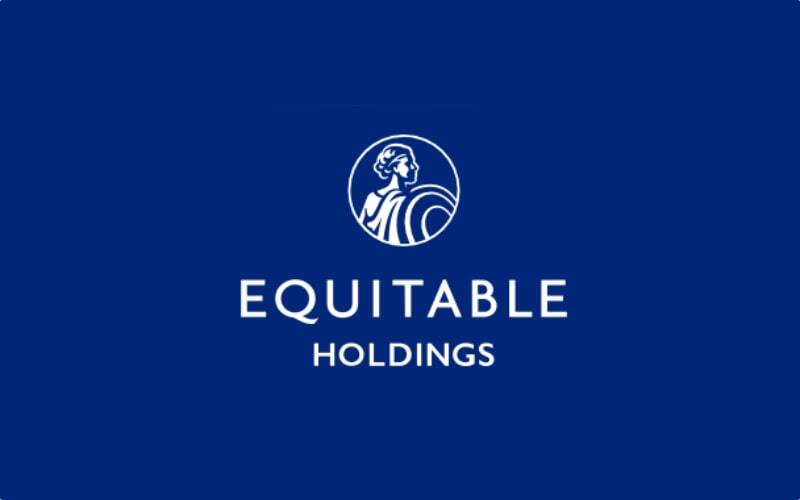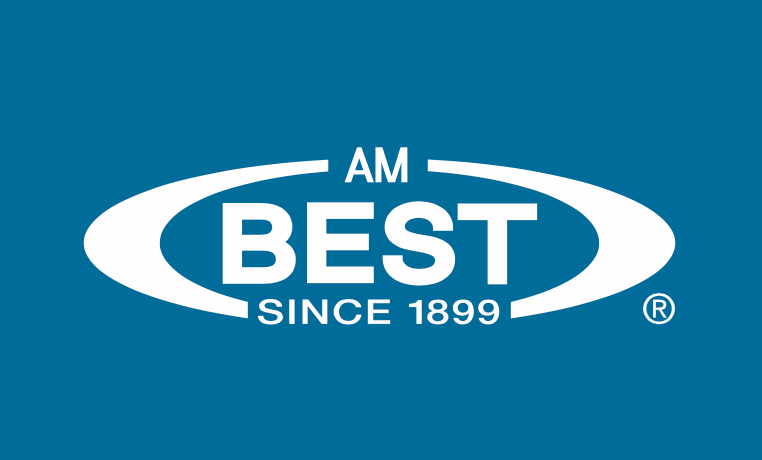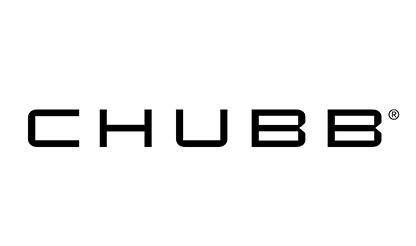
Equitable Holdings, a financial services company specialising in retirement, wealth management, and protection solutions, has recently announced that it has completed a major strategic transaction aimed at substantially reducing its exposure to mortality-related risk.

The company positioned the transaction as a turning point in its long-term strategy, aimed at reducing earnings volatility and simplifying its business mix.
Equitable stated that by transferring much of its life insurance-related risk to RGA, it is not only protecting future earnings from unpredictable mortality impacts but also reinforcing the stability of its financial framework.
Equitable said the arrangement frees up more than $2 billion in value, giving it the flexibility to allocate capital toward parts of the business with more consistent returns.
With less capital tied to mortality-sensitive products, the firm plans to channel more resources into retirement and wealth management offerings—segments that offer recurring revenue and lower volatility.
The company highlighted the immediate financial benefits as well. It expects to upstream $1.7 billion in dividends from its insurance subsidiaries to the holding company during the second half of 2025, with $1 billion of that amount directly enabled by the reinsurance deal.
The agreement also boosts the company’s pro-forma combined risk-based capital (RBC) ratio to above 500%, reinforcing its capital position and capacity to invest or return cash to shareholders.
Equitable pointed to this reinsurance move as a proactive response to mortality-related variability that had affected recent performance.
By structurally removing a large portion of this risk from its books, the company believes it is in a stronger position to deliver steady results and meet its long-term targets—including $2 billion in annual cash generation and double-digit earnings growth through 2027.
The firm described the agreement as a foundational step in its plan to reduce exposure to uncertain outcomes and align more fully with its growth priorities. By materially lowering mortality risk, Equitable says it has created a more predictable earnings profile and strengthened its ability to generate long-term value for shareholders.


 -->
-->




